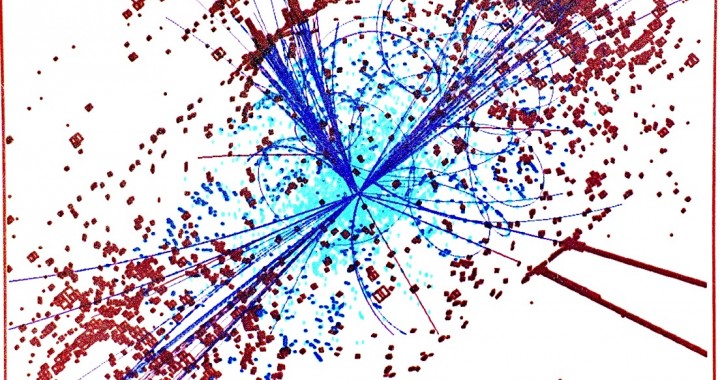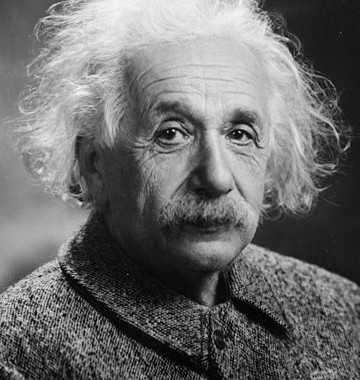 I’ve been thinking a lot lately about the different ways people relate to the explorations of their lives. Certain underlying views can significantly inhibit a person’s sense of skill, capacity and security in exploring (in careers, partnerships, etc.). These views tend to be self-fulfilling prophecies, leading to timid, incomplete ventures and unreliability.
I’ve been thinking a lot lately about the different ways people relate to the explorations of their lives. Certain underlying views can significantly inhibit a person’s sense of skill, capacity and security in exploring (in careers, partnerships, etc.). These views tend to be self-fulfilling prophecies, leading to timid, incomplete ventures and unreliability.
But they are not objective truth. (Is there such a thing?) They are merely colored lenses we were long ago conditioned to wear. We can treat these views as meditation objects, watching the distortions arise and pass instead of assuming that we are seeing things the way they are.
As I’ve worked with my own distortions, I’ve realized: more than keeping me from succeeding, they keep me from trying. When self-doubt and fear prevent me from being both-feet-in, I never get to know if I would have succeeded or not. In other words, giving in to fear of failure ensures failure.







